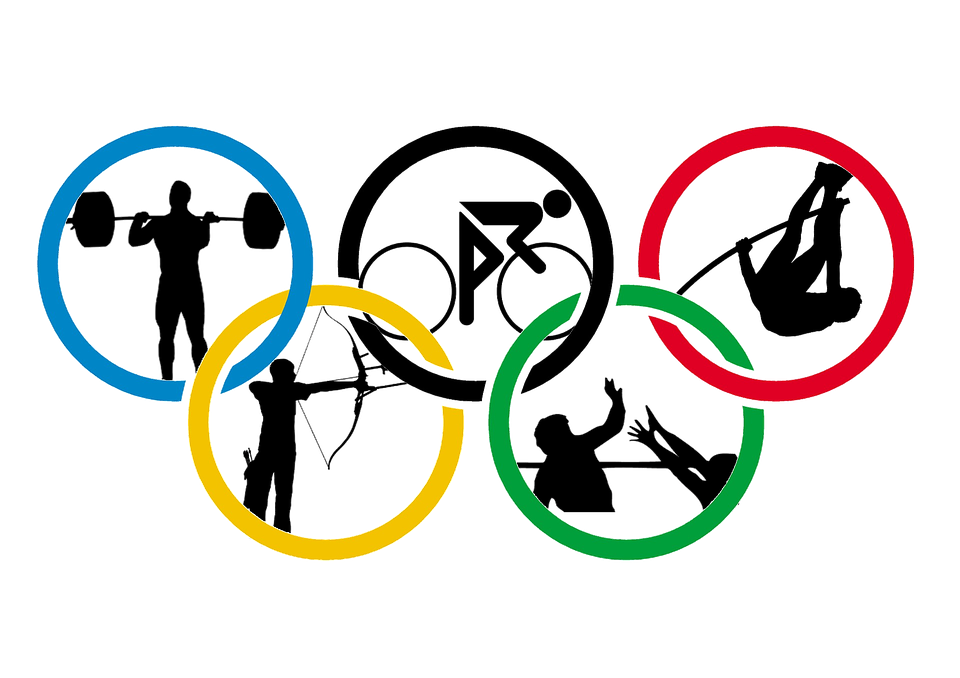 Parler
Parler Gab
Gab
Media ignoring the dangers of weight loss drugs
Another important aspect of the drug the article overlooks is its dangers. Several studies have linked it to gastrointestinal disturbances and gall stones. Many people have experienced gastroparesis, or stomach paralysis, as the drug slows down the emptying of the stomach, helping patients feel full. Intestinal blockage, bowel obstruction and other problems have also been reported. Even more alarmingly, some recent findings point to a long-term risk of deadly cancers like pancreatic and thyroid cancer, as well as diabetic retinopathy, which can lead to blindness. The piece also failed to mention how nine out of ten people who take drugs like Ozempic and Wegovy stop early because of their negative effects, nor did it go into how people have reported losing their sense of fun and experiencing depression and thoughts of suicide while taking these medications. This is something that certainly won’t be helped by going off the drug as many people report the weight returns as soon as they stop using it. Drug makers stand to make a lot of money on these injections, and the number of obese people in the world gives them a huge customer base that could help them see the kind of profits they earned the last time they used the media to pull the wool over people’s eyes, during the pandemic. This means we’re going to see a lot more one-sided articles that tout the drug’s dramatic weight loss effects while ignoring safer and equally effective approaches that no one profits from, setting overweight people up for even more health problems. Sources for this article include: Expose-News.com DailyMail.co.ukMainstream media retracts “border czar” moniker of Kamala Harris amid worsening migrant crisis
By Belle Carter // Share
CDC, Facebook colluded to CENSOR COVID-19 vaccine safety FAQs, emails reveal
By Ava Grace // Share
Erdogan says Turkey could ENTER ISRAEL to support Palestinians
By Ramon Tomey // Share
Athletes at Paris Olympics plagued by FOOD ISSUES
By Ava Grace // Share
Big Pharma admits mRNA vaccine causes CANCER
By Belle Carter // Share
Israel used dogs, waterboarding to torture Palestinian prisoners – UN
By News Editors // Share
Governments continue to obscure COVID-19 vaccine data amid rising concerns over excess deaths
By patricklewis // Share
Tech giant Microsoft backs EXTINCTION with its support of carbon capture programs
By ramontomeydw // Share
Germany to resume arms exports to Israel despite repeated ceasefire violations
By isabelle // Share










